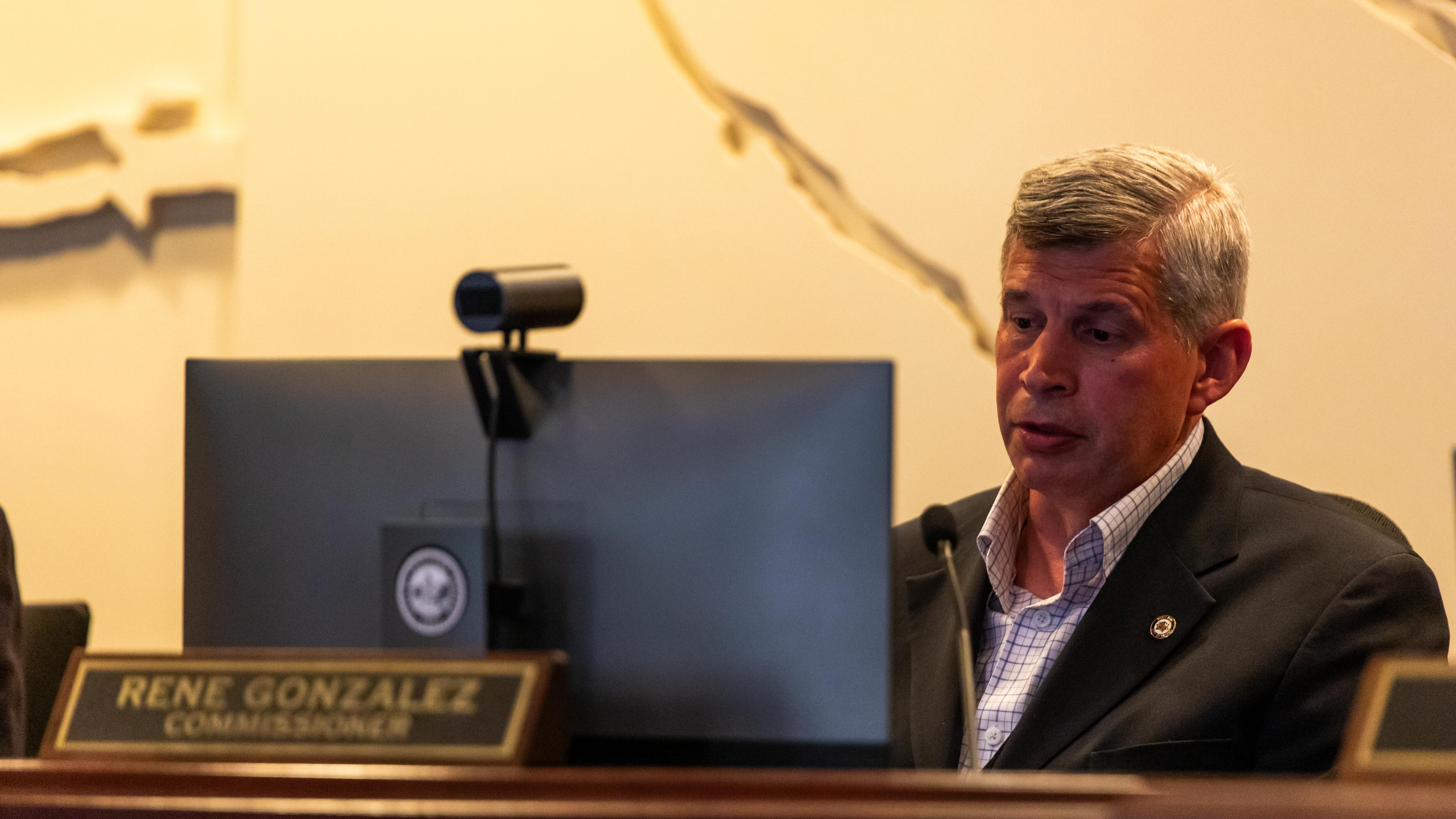Running Portland’s new form of government come 2025 will cost $25 million annually, newly released estimates by the city’s budget office show.
That’s an increase of $13 million a year—the current cost of supporting all five City Council offices each year, including the mayor’s, is $10.9 million.
In the document, newly obtained by WW, chief administrative officer Michael Jordan breaks down down the costs of supporting the 12-member City Council as well its staff, a city administrator, six deputy city administrators and the mayor’s office, among other staff and functions adopted under the new form of government.
The document at last puts a firm price tag on the government expansion voters approved last November: In exchange for more than doubling the number of city councilors and installing a new management team for bureaus, the city will spend $13 million more annually. It’s a fraction of the overall city budget, which this year is $7.1 billion.
Yet the document immediately stirred big feelings. City Commissioner Rene Gonzalez, who’s been critical of the expense of both an upcoming City Hall renovation and the government transition, wrote on Twitter that it was time for Mayor Ted Wheeler to “reign [sic] it in.”
“This proposal should have been dead on arrival given urgent needs in public safety, drug crises and infrastructure,” Gonzalez wrote in a post.
The cost estimates Monday morning follow a contentious series of public meetings between Wheeler and his council colleagues over the past month about the timing and scope of the City Hall renovation ahead of the new City Council taking office in January 2025. That renovation is estimated to cost $7 million.
Wheeler supports a city staff plan that would relocate members of the City Council from of their current offices to a nearby city-owned building before the end of this year to allow for construction. Commissioners Gonzalez, Carmen Rubio, Dan Ryan and Mingus Mapps have railed against that plan, saying a move would disrupt their productivity.
Instead, they want to serve out the remainder of their terms in their City Hall offices but allow the renovation of the council chambers—where they meet for public business—beginning early next year.
Wheeler and his staff have warned for weeks that delaying the renovation of City Hall to accommodate the future 12-member City Council would significantly increase construction costs. The four commissioners argued in a letter to the mayor earlier this month that relocation of council offices would disrupt their workflow.
At a Friday work session discussing the move and scope of the renovations, tensions were high.
“I would say up until the last three weeks where we really got off-kilter specifically on the transition, we were working really effectively as a building,” Gonzalez said. “I think this [plan] has ignored the benefits of both the existing space and the good spirit we had been building as a council up until this point.”
Wheeler and Gonzalez, in particular, badgered one another during Friday’s meeting. Wheeler said he didn’t understand why taking a weekend to move to a new building would disrupt the council’s work.
“I don’t see how that’s disruptive to the agenda of this council,” Wheeler said, adding that it was now up to his City Council colleagues to bring forward an alternative proposal for construction timing if they were so distressed by the staff proposal. “We are on a clock. It’s my intention to support [staff’s] plan unless somebody puts another idea on the table. The burden is on you to bring something to Council. As far as I’m concerned, I’m ready to go.”
City staff released a draft organizational chart last week that offers a suggested blueprint for how the 12-member council should be staffed. Each elected official would have the equivalent of a chief of staff, and administrative staff would be shared among the clusters of three council members each who are elected in the four geographic council districts. The professional city administrator would have his or her own staff, and also support deputy city administrators that oversee clusters of city bureaus.
That plan, too, met with a sour reception from commissioners.
In an Oct. 19 letter to his colleagues, Wheeler wrote that the City Council would take a vote Nov. 1 on the proposed organizational chart. Two work sessions were scheduled prior to the vote, including one on Monday, but that work session was abruptly canceled Monday morning, with no explanation given.
